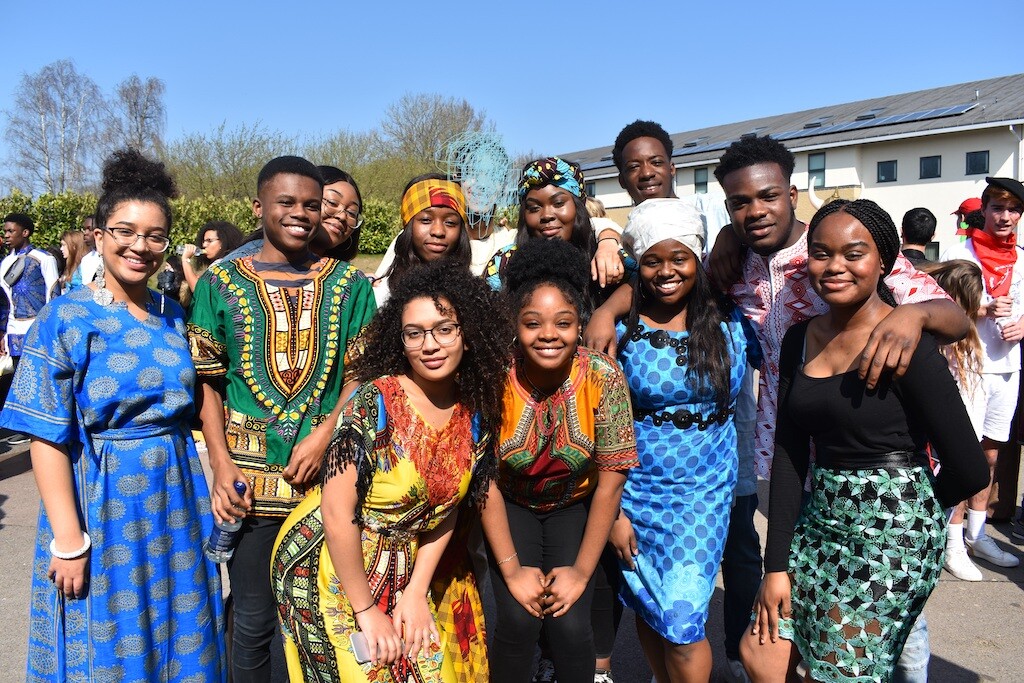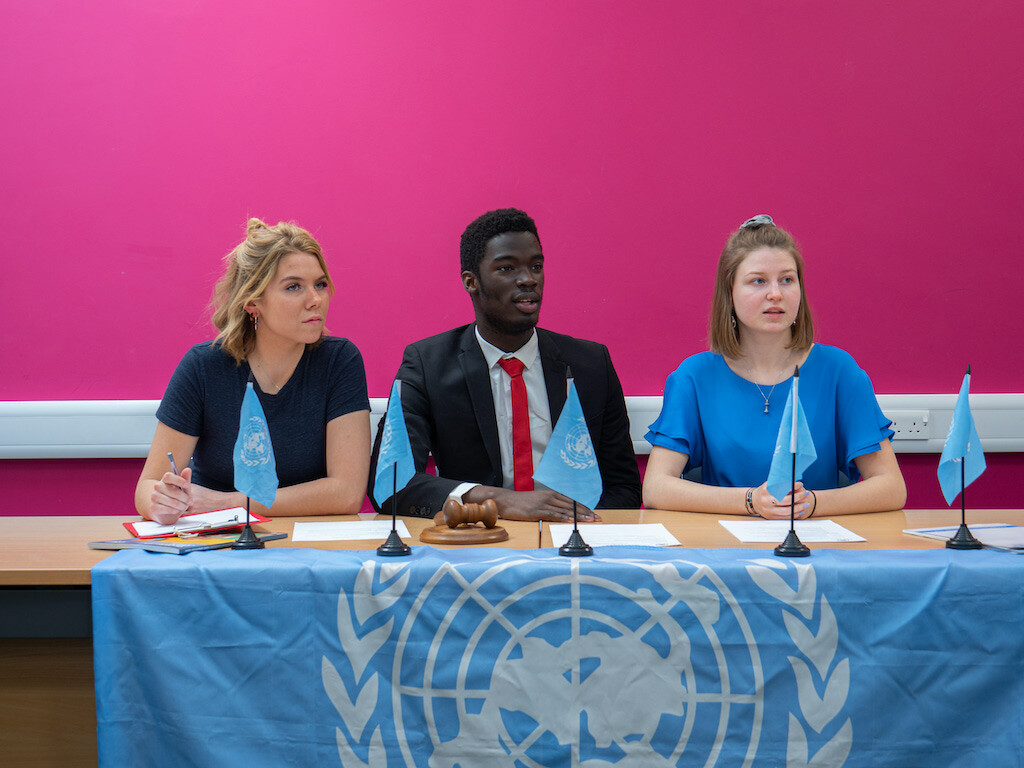Citizenship
Subject Intent
Citizenship is one of the five pillars that underpin the ethos of the Anglo European School and the broad and balanced curriculum offer. Our Citizenship curriculum is designed to develop informed and knowledgeable young people who are clear about their place in the modern world. They will develop cultural, political and financial literacy and are prepared to confidently play a role as informed citizens Students will develop knowledge and understanding of how to make a positive impact in their communities and the world as well as for their own personal and economic wellbeing. We wish for students to develop their citizenship knowledge in a personal, local, national and international context in line with the international ethos of the school.
As students’ progress through their Citizenship programme, we intend for them to develop a solid understanding of key subject concepts. The curriculum is also designed to support further education in related academic fields including politics, economics, law, sociology and philosophy. Our students should be encouraged to make sense of a complex world and their role within it. As a broad subject in itself, Citizenship education promotes cross curricular understanding so that students can better understand the purpose of what they are learning.
Subject Implementation
The Citizenship curriculum is implemented through discreet lessons at all levels of learning. The curriculum is designed to ensure progression to learning about more complex concepts as students progress through their school career. Citizenship is planned to ensure that learning focusses on personal citizenship (incorporating personal, social, health and economic education, the new statutory Relationship and Sex Education, the new statutory Health Education and work related learning to the Gatsby benchmarks). Citizenship is also taught through studying challenging contemporary subject areas related to life in modern Britain, rights & responsibilities, the law and politics. The third key aspect of learning in Citizenship is to apply learning. At all levels, students will have numerous opportunities to apply what they learn in the classroom in an active way. This could be in the form of (but not limited to) our annual Giving Nation fundraiser, Model United Nations, personal reflective projects or the investigation project (part of the GCSE course). Students are assessed in Citizenship through academic style assessments and through reflections on their activities. At Key Stage 4, students will either complete the Diploma or the GCSE. Both pathways offer high quality, challenging and memorable learning opportunities. The Citizenship Department runs and supports a wide range of extra-curricular clubs and initiatives within the school.
Subject Impact:
Our Citizenship curriculum has been designed to add a unique dimension to the education of our students. After studying Citizenship (regardless of level) we will see high quality reflections and evaluations of learning opportunities. Students will be able to make the link between what they have studied and the impact that it has or can have on their future. Students will be secure in who they are, knowledgeable about keeping themselves and others safe and understand the role that they can play in their local community, country and the world. GCSE results will reflect the quality of learning (as they do presently) and students progressing to further education level will be well informed by their studies in Citizenship that will form an important foundation for study in the subjects that naturally progress from Citizenship. The Citizenship curriculum also contributes significantly to the National Baccalaureate for England.
relationships and Sex Education (RSE)
For information on what RSE is taught, when RSE is taught and where RSE is taught please the document below:
What is taught? When is it taught? Where is it taught?
Further information for students on what RS(H)E is and why we teach it is explained by Mr Hills in this video:


